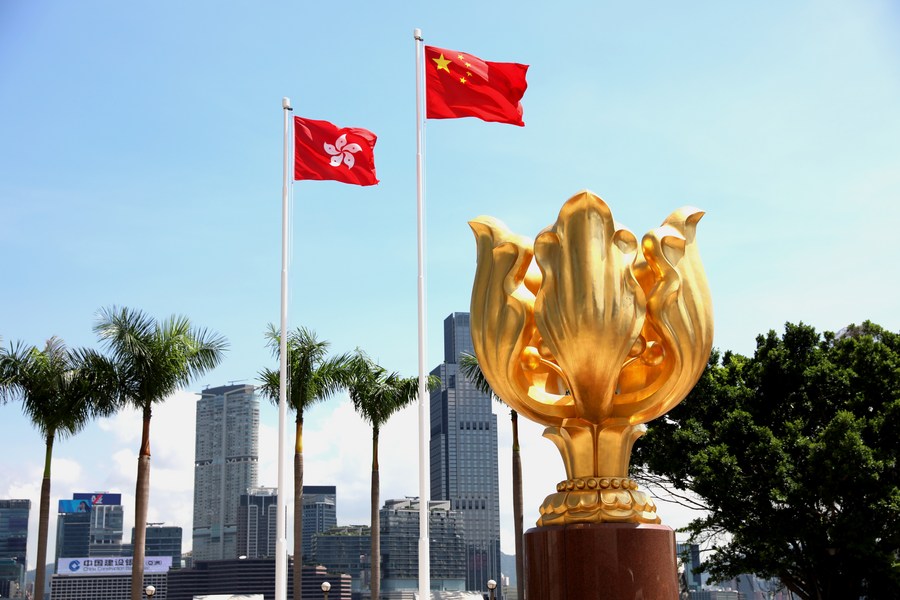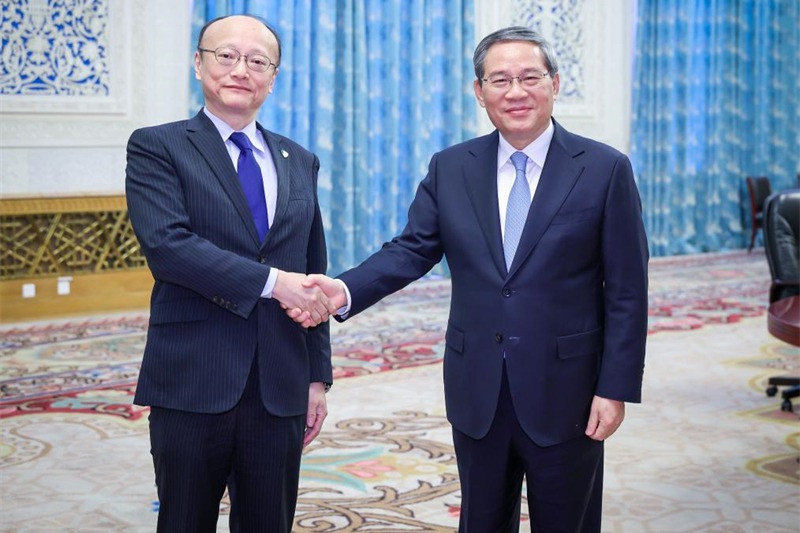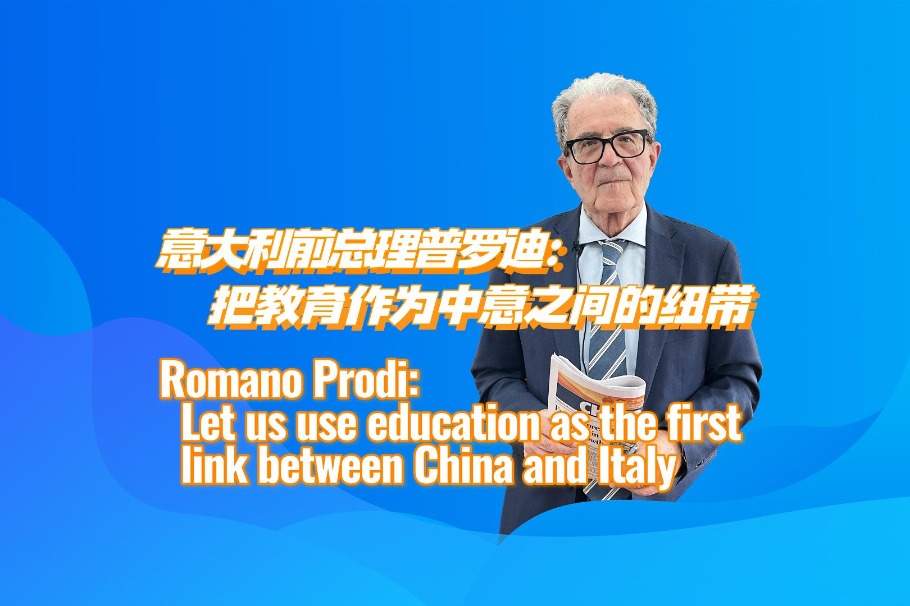New phase of policy spells growth


Hong Kong is better poised to boost its economy, enhance competitiveness and address urgent livelihood issues as the "one country, two systems" policy has entered a new phase, officials said on Friday at a high-level legal forum.
The forum, centering on the importance of the Basic Law and "one country, two systems" for Hong Kong, is one in a series of legal forums being held by the city's Department of Justice to mark the 25th anniversary of Hong Kong's return to the motherland.
Since its establishment, the Hong Kong Special Administrative Region has experienced turbulent times, yet with the full support of the central government and the unique advantage of "one country, two systems", it has maintained long-term prosperity and stability, and achieved remarkable results, Chief Executive Carrie Lam Cheng Yuet-ngor said at the event.
Lam told the forum attendees that "one country" is always the foundation of "two systems", and also the foremost requisite for Hong Kong to fully leverage the strength of "two systems".
Lam said that in the last five years, Hong Kong experienced the gravest challenges since the handover, when national security faced severe threats. She added that the lessons learned during the social unrest in 2019 showed that deviating from the original intention of "one country, two systems" would bring disastrous consequences to Hong Kong.
Wang Linggui, deputy director of the Hong Kong and Macao Affairs Office of the State Council, said at the same event that a series of achievements in Hong Kong have proved that "one country, two systems" is the best solution and institutional arrangement for dealing with the issues of Hong Kong and Macao, and is workable, feasible and widely supported.
Wang stressed that with the implementation of the National Security Law for Hong Kong and the improvements in the electoral system, "one country, two systems" has kicked off a new stage in Hong Kong. He expects government officials and different social sectors to seize the favorable conditions, closely integrating into national development and improving Hong Kong people's quality of life.
Also speaking at the full-day forum was Chen Dong, deputy director of the Liaison Office of the Central People's Government in the HKSAR. Chen said that to fully and accurately implement the Basic Law, Hong Kong must firmly adhere to the "one country" principle and give full play to the advantages of the "two systems".
The forum also has keynote speeches and panel discussions featuring social dignitaries from various sectors, including legal, business, academia and politics.
Shen Chunyao, chairperson of the HKSAR Basic Law Committee of the Standing Committee of the National People's Congress, noted that in the implementation of "one country, two systems", it's inevitable to encounter some unexpected situations, risks and challenges. The nation and the HKSAR should actively face up to the difficulties and further develop the practice.
Also on Friday, the Department of Justice signed a memorandum with the International Institute for the Unification of Private Law to further collaboration on private international law and international commercial law. Based in Italy, the institute is an intergovernmental organization that aims to promote the unification of private laws across countries.
- Myanmar quake leaves two injured in Yunnan
- Myanmar quake outside of Yunnan Earthquake Agency's network
- Data reveals Xizang's all-around progress
- Soinam Wangchen: 81-year-old former serf recalls harsh life in old Xizang
- French Foreign Minister visits Beijing Language and Culture University
- Reincarnation of living Buddhas managed based on clear rules in Xizang: white paper



































